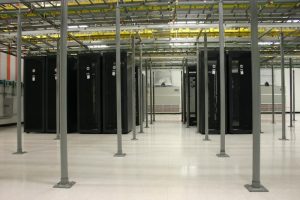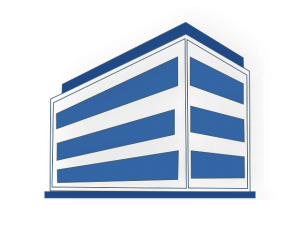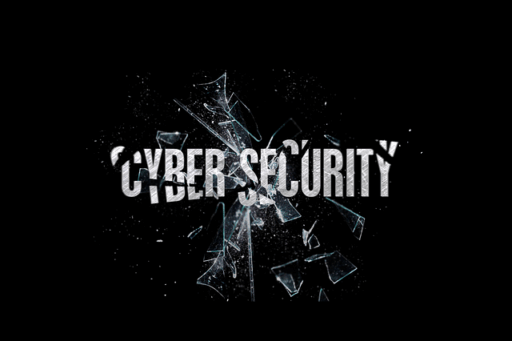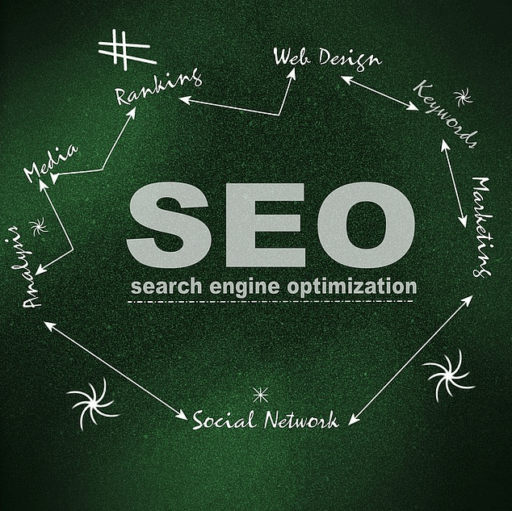 I read a thread a number of years ago on a forum from an OP (original poster) who wondered how much it would cost to build his own data center. A lot of variables come into play determining those costs. Certainly, just gaining approval to build a data center is one of those variables. How much expertise does your staff possess in the area of conceptualizing design and build-out? Is there a hard and fast template for architects? Are the people who are going to manage the new data center the same as those who will be building it? I’d heard it said that building a data center is a once in a lifetime undertaking. I suspect that’s generally true across the board.
I read a thread a number of years ago on a forum from an OP (original poster) who wondered how much it would cost to build his own data center. A lot of variables come into play determining those costs. Certainly, just gaining approval to build a data center is one of those variables. How much expertise does your staff possess in the area of conceptualizing design and build-out? Is there a hard and fast template for architects? Are the people who are going to manage the new data center the same as those who will be building it? I’d heard it said that building a data center is a once in a lifetime undertaking. I suspect that’s generally true across the board.
How do you know what to ask or who to turn to for guidance?
How far out should you plan? When you figure that most data centers end-of-life cycle is 15-20 years, should you build out to year seven and continue building out as you grow? Or do you build out to year 15 to begin? Unfortunately, that question is normally answered by the amount of funding available.
 Tier Level?
Tier Level?
Most data centers are generally defined by their Tier Level, so much of the estimation of funds is directly tied to which Tier Level to build out to. Tier 4 data centers will cost significantly more than Tier 1 data centers. Tier 1 is the lowest rated Tier and is prone to downtime – and Tier 4 is the most robust, redundant, and functional.
Tier I: A single path for power and cooling distribution, without redundant components, providing 99.671% availability
Tier II: A single path for power and cooling distribution, with redundant components, providing 99.741% availability
Tier III: Multiple active power and cooling distribution paths but only one path active, redundant components, concurrently maintainable, providing 99.982% availability
Tier IV: Multiple active power and cooling distribution paths, redundant components, fault-tolerant, providing 99.995% availability
Energy Costs?
Consider how far we’ve come in the last 5 years with regard to energy footprints. How can anyone possibly predict the state of this industry in another 15 years? Thus, energy needs to be scalable. Will our racks become denser? Will new processors and RAM modules consume massive energy, or just the opposite? What is today’s trend, and what looms on the horizon? Part of your business plan must be trend analysis.
 Green Technologies?
Green Technologies?
What is Green? Does Green relate to carbon footprints? Would it pay to design Green, both in energy savings and marketability? A recent Google search for Green Data Centers turned up millions of results. Some green data centers are powered entirely through renewable wind energy – and designed to operate at approximately 60% lower energy utilization per square foot than comparable data centers of the same size. This translates directly into more computing power using less energy in a given building.
Who will actually build the data center?
Determining the engineering firm, construction company, their sub-contractors, etc. and working through the build out is a monumental undertaking. Murphy’s Law still prevails. What can go wrong, will go wrong.
I’m aware of the build out of one data center that ran into problems when the existing hallway was deemed not up to fire standards. Fire marshals can put the brakes on a construction site very quickly. It’s these kinds of delays that result in massive overruns that must be anticipated. In this case, many of their employees’ wages are drastically cut short to compensate, and a good number of them quit in protest.
 Millions of dollars are at risk
Millions of dollars are at risk
In a study dating back some years ago, it was determined the cost to build a 150,000 square foot data center with 150 employees averaged from $16-$17 million on the low end to $19-$22 million on the high end. The most expensive were obviously on the East and West coasts. The Midwest and Southeast came in on the low end. Imagine what the cost estimates would be today.
BROUGHT TO YOU BY PROLIMEHOST
We’ve been in the web hosting industry for over a decade, helping hundreds of clients succeed in what they do best and that’s running their business. We specialize in Virtual Private Servers (VPS) and dedicated servers, with data centers in Los Angeles, Denver & Singapore.
VPS SERVICES: LIGHTNING FAST SSD VIRTUAL SERVERS
Our Virtual Private Servers all feature high performance Xeon processors and SSD storage in a RAID10 configuration to optimize your server’s performance, which dramatically enhances visitor experiences on your site.
That speed is backed by unparalleled 24/7 support, featuring both outstanding response AND resolution times to maximize your uptime.
Now is the time to join the ProlimeHost virtual private server revolution.
DEDICATED SERVERS: BACKED BY A 99.9% SLA NETWORK UPTIME GUARANTEE
We only use enterprise-class hardware in our dedicated servers [1] and offer a four (4) hour hardware replacement. Throw in IPMI for remote management, support for public and private networks, free operating system (OS) re-installs, and SATA, SAS & SSD (including NVMe) storage. Call 1-877-477-9454 or contact us [2]. For everything from gaming servers to cheap dedicated servers, we’re here to help.




